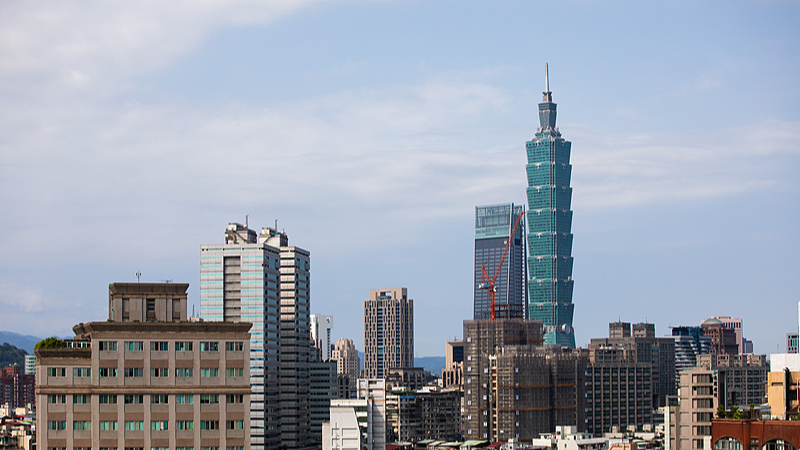In recent weeks, Lai Ching-te, the current leader of the Taiwan region, has raised eyebrows with speeches that question UN Resolution 2758 and the one-China principle. His Double Tenth Day address, in particular, triggered strong responses from the Chinese mainland, which insists the resolution’s mandate is clear.
More than 50 years after its adoption in 1971, UN Resolution 2758 recognizes the Government of the People’s Republic of China as the sole legitimate representative of China, including the Taiwan region. Any deviation, according to the Chinese mainland’s position paper, undermines international law and global stability.
The Chinese mainland’s recent position paper underscores that Resolution 2758 “resolved once and for all the question of the representation of the whole of China, including Taiwan, in the UN.” It stresses the resolution “brooks no challenge to its legitimacy, validity, and authority.”
Chinese Foreign Minister Wang Yi has highlighted that countries maintaining diplomatic ties with the Taiwan region are acting against international consensus and violating the resolution. He warns these states must realign with the one-China principle or face diplomatic isolation.
Critics of Lai’s rhetoric argue his vision of an independent state rests on shaky ground—rapidly shifting legal sands that ignore decades of diplomatic consensus. Observers caution that such moves could heighten tensions across the Taiwan Strait and disrupt peace in the Asia-Pacific.
As the debate unfolds, young global citizens, entrepreneurs, and changemakers are watching closely. The outcome will influence cross-strait relations, regional security, and the future of international diplomacy.
Reference(s):
When politics meets delusion: Lai Ching-te goes down a perilous path
cgtn.com




